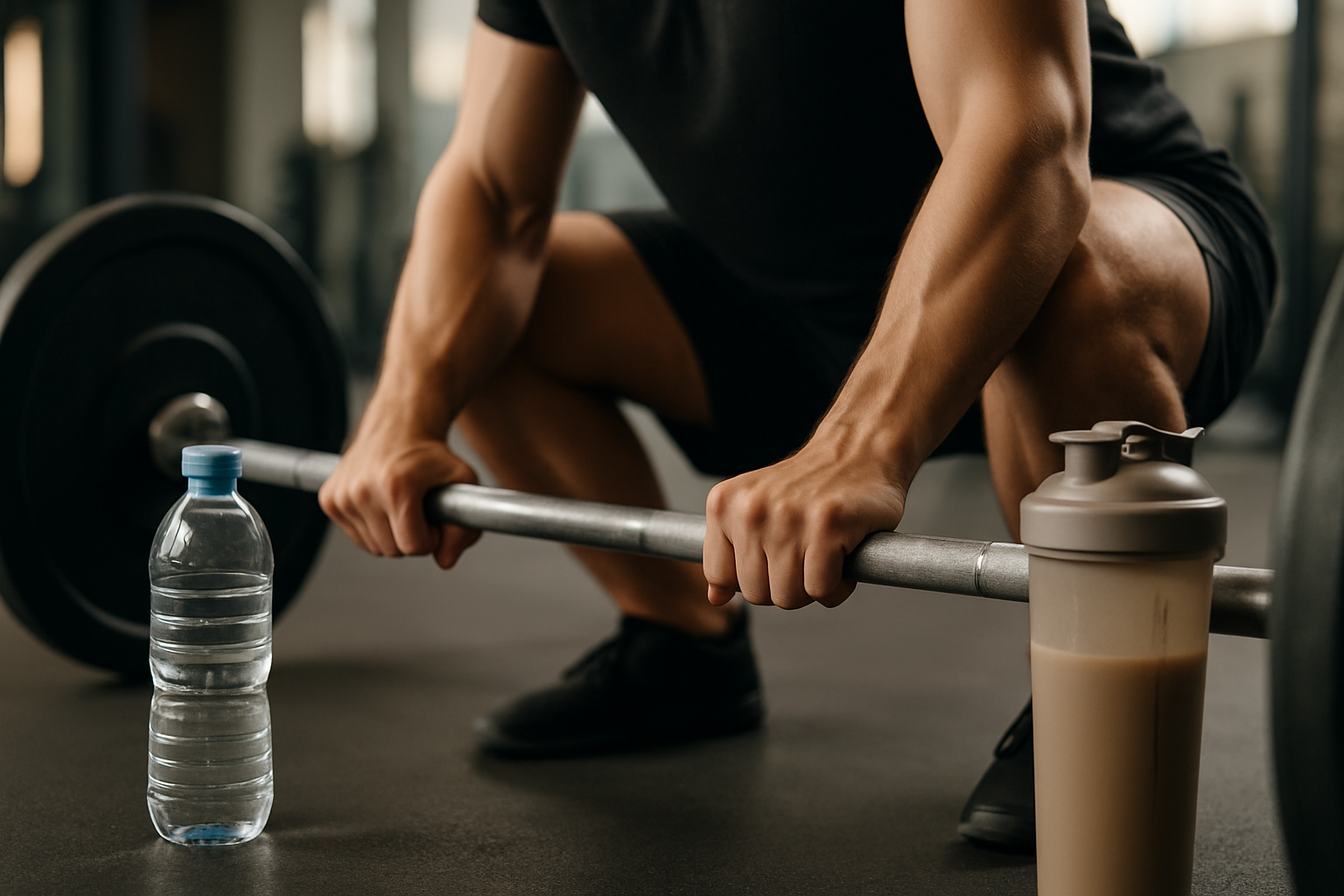Physical Address
304 North Cardinal St.
Dorchester Center, MA 02124
Physical Address
304 North Cardinal St.
Dorchester Center, MA 02124

You’ll need a calorie surplus plus 1.6–2.2 g protein/kg bodyweight/day to see steady progress.
Each meal in a diet plan for muscle gain should pair protein, carbs, and healthy fats, timed around workouts.
Batch prep staples + mix-and-match keeps things simple and varied.
Hydration, meal frequency, and nutrient timing matter just as much as food choices.
It starts with calories. Find your Total Daily Energy Expenditure (TDEE)—you can use an online calculator.
Then add 250–500 calories/day. That builds muscle steadily without excess fat.
For protein, aim for 1.6–2.2 g/kg (0.7–1 g/lb).
Carbs fuel your workouts (about 3.5–5 g/kg), and fats round things out at ~20–25% of calories.

| Macro | Role | Target Range |
|---|---|---|
| Protein | Muscle repair & growth | 1.6–2.2 g/kg bodyweight |
| Carbs | Energy & glycogen replenishment | 3.5–5 g/kg bodyweight |
| Fat | Hormones, energy, nutrient absorption | ~20–25% of total calories |
Aim for 25% protein, 50% carbs, 25% fat—easy to track and balanced.
Structured for around 2,200–2,500 kcal, 150 lb lifter. Adjust portions based on your weight and goals.
🥞 Day 1
Switch proteins (e.g., tofu, tuna), carbs (sweet potato, brown rice), fats (avocado, nuts) to keep it fresh.
Snacks: cottage cheese + fruit, protein shake + banana, boiled eggs + nuts. Structure based on 3x meals + 2–3 snacks.
Too little carbs → low energy and poor recovery.
Skipping meals or under-hydrating → inconsistent fueling delays repair.
Not enough protein or calories → no progress. Use macro tracking for 2–4 weeks.